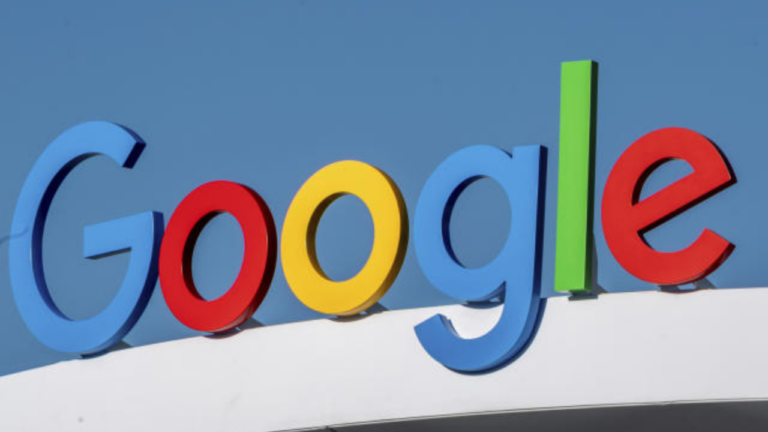Highlights
- Google has discontinued the Cached Links service, citing dwindling usage and the rise of alternative options.
- The decision inspires a variety of opinions, with some users mourning the loss of a vital resource and others welcoming a more efficient search experience.
- The incident highlights the ongoing problem of web archiving and the significance of long-term solutions for online preservation.

In the ever-changing internet scene, one of Google’s long-standing services, “Cached Links,” is being phased out, leaving a trail of nostalgia and raising concerns among users and tech aficionados alike. Check out the details.
Read: Google Introduces Its AI Search Tool in India
Google Ends the Popular Serch Tool
The Cached Links function dates back to the early days of search engines, when it soon became an essential utility for web users.
The feature, which provided a snapshot of a webpage as it appeared during Google’s last crawl, served a variety of reasons that made it popular among users:
- Website unavailability Mitigation: In the event of a technical problem or website unavailability, users can rely on the cached version for continuous access to critical information.
- Tracking Content Changes: When websites underwent significant alterations or content removal, the cached version served as a historical reference point for researchers.
- SEO Analysis Tool: Webmasters and SEO specialists used cached pages to examine how search engines perceived their websites before making recent modifications.
A variety of factors contributed to Google’s recent announcement that the Cached Links service would be discontinued. The internet giant explained its move by citing falling usage and the advent of alternative options.
- Enhanced Website Reliability: Modern web infrastructure and improved caching algorithms have dramatically reduced website downtime, reducing the need for cached pages.
- Alternatives Abound: Tools like the Wayback Machine and third-party archiving services increasingly provide more detailed historical backups of websites.
- Streamlining the Search Interface: The decision was influenced by Google’s strategy focus on core search capabilities and a desire to streamline its interface to increase user adoption.
While some users have applauded Google’s decision to deactivate Cached Links, others have expressed sadness, citing the feature’s continued importance for specific requirements.
These opinions were amplified on social media channels, generating concerns about potential data loss, particularly for websites that had not been archived elsewhere.
This development raises questions about the future of web archiving and the role of tech titans in preserving online history.
Despite Google’s assurances of alternate alternatives, concerns remain about their long-term accessibility and the possibility of data fragmentation.
In addition to the overall story, examining reactions from notable tech personalities and bloggers offers a more nuanced perspective on the impact of this shift.
Considering the potential consequences for user groups who rely largely on cached links adds dimension to the topic.
A study of alternative online archiving methods, including their merits and limitations, helps consumers understand their alternatives in the post-cached Links world.
Overall, to conclude the topic, it is necessary to provide a personal perspective on the importance of preserving online history, as well as the role of technology businesses in this critical endeavor.
As the internet evolves, the tech community must balance technological development with the preservation of priceless digital artifacts.
Directly in Your Inbox









